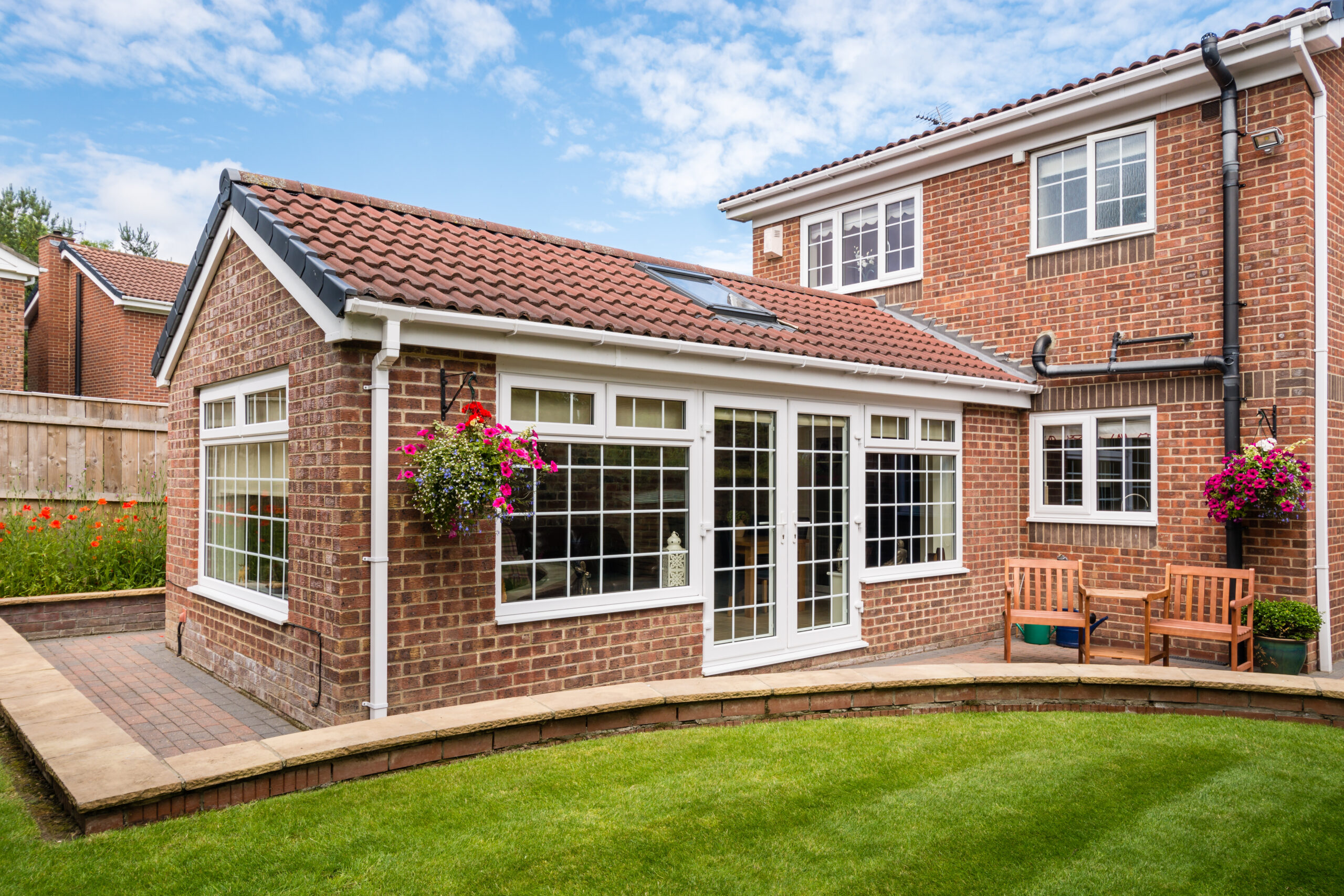
- Home
- Mortgages
- PURCHASING A MORTGAGE
- Remortgage
- BUY TO LET MORTGAGES
- Equity Release Mortgages
- RETIREMENT MORTGAGES
- INTEREST ONLY MORTGAGES
- FIXED MORTGAGES
- VARIABLE MORTGAGES
- OFFSET MORTGAGES
- High Value Borrowing
- Home improvement mortgages
- SELF EMPLOYED MORTGAGES
- CONTRACTOR MORTGAGES
- EX-PAT MORTGAGES
- MULTI PERSON MORTGAGES
- JOINT BORROWER SOLE PROPRIETOR MORTGAGES
- adverse credit mortgages
- HMO Mortgages
- MORTGAGES & DEVELOPMENT
- MILLION POUND MORTGAGES
- PRIVATE BANKING MORTGAGES
- High Net Worth Mortgages
- VALUATION TOOL
- HOW MUCH CAN I BORROW?
- Protection
- Development
- Our Company
- Useful Information
- Contact
- Client Portal
close
- Home
- Mortgages
- PURCHASING A MORTGAGE
- Remortgage
- BUY TO LET MORTGAGES
- Equity Release Mortgages
- RETIREMENT MORTGAGES
- INTEREST ONLY MORTGAGES
- FIXED MORTGAGES
- VARIABLE MORTGAGES
- OFFSET MORTGAGES
- High Value Borrowing
- Home improvement mortgages
- SELF EMPLOYED MORTGAGES
- CONTRACTOR MORTGAGES
- EX-PAT MORTGAGES
- MULTI PERSON MORTGAGES
- JOINT BORROWER SOLE PROPRIETOR MORTGAGES
- adverse credit mortgages
- HMO Mortgages
- MORTGAGES & DEVELOPMENT
- MILLION POUND MORTGAGES
- PRIVATE BANKING MORTGAGES
- High Net Worth Mortgages
- VALUATION TOOL
- HOW MUCH CAN I BORROW?
- Protection
- Development
- Our Company
- Useful Information
- Contact
- Client Portal
close
















